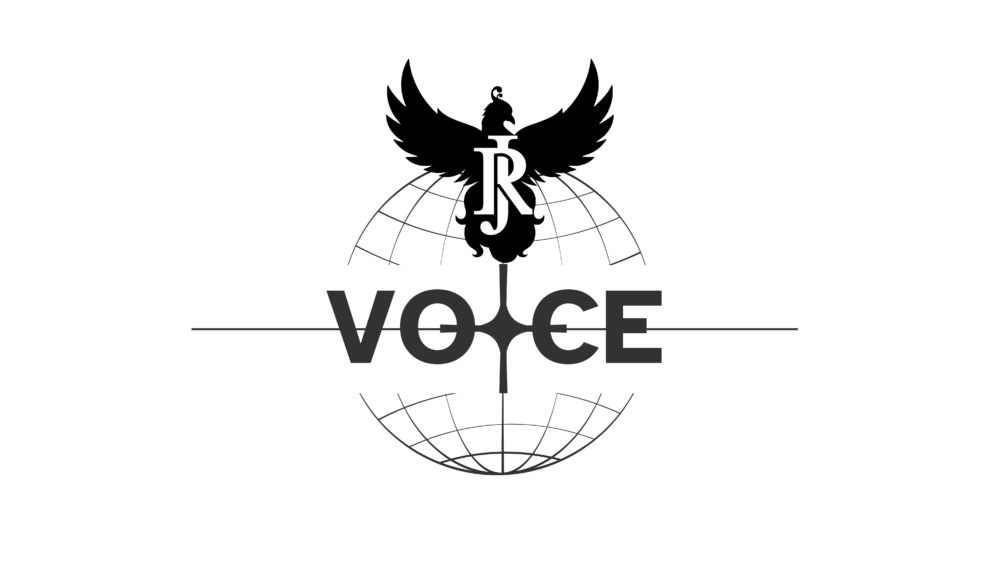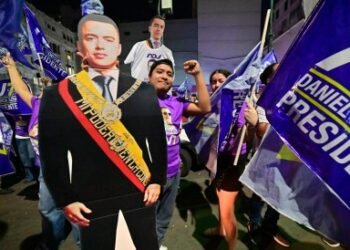The violence against social leaders in Colombia remains unrelenting. According to a report released by the NGO platform Somos Defensores, 157 community leaders and human rights defenders were murdered in 2024—an average of one every 48 hours. Although this figure represents a slight decrease from the 168 homicides recorded in 2023, the organization warns that overall threats and violence against these individuals remain widespread and persistent.
Beyond the killings, the total number of aggressions—including threats, attacks, kidnappings, and torture—reached 727 cases in 2024, only slightly down from the 762 reported the previous year. This marginal decline offers little comfort to those working on the front lines of Colombia’s human rights landscape. Many of these leaders, the report notes, have been forced into silence or abandoned their advocacy efforts entirely due to fear and insecurity.
Indigenous leaders and local community organizers continue to bear the brunt of the violence. The department of Cauca, a region with a long history of conflict and rich cultural diversity, once again emerged as the most dangerous area for defenders. The murder of indigenous leader Carmelina Yule in March 2024 became a symbol of the ongoing crisis. Cauca alone accounted for 23 of the 157 killings, despite a 30% decline from previous years. The report attributes this partially to the growing dominance of the Central General Staff (EMC), a dissident faction of the former FARC, which has expanded control over territories heavily populated by indigenous communities.
However, new hotspots are also emerging. The departments of Chocó and Arauca saw alarming increases in violence against social leaders, with murder rates jumping by 600% and 112%, respectively. In Chocó, one of Colombia’s most impoverished regions, the National Liberation Army (ELN) is blamed for imposing a series of armed shutdowns and increasing its aggression against activists, even as it engaged in peace talks with the national government.
The report criticizes the ongoing peace process led by President Gustavo Petro’s administration, arguing that the dialogues have largely failed to address the safety of social leaders. “The negotiation frameworks have not adequately prioritized humanitarian protections or recognized the defense of human rights as a non-negotiable line,” the document warns. It also calls for peace accords to reflect the specific risks leaders face in conflict-affected areas and to ensure that agreements account for local dynamics.
Efforts to protect social leaders have lagged behind political promises. In late 2022, just months after Petro took office, civil society organizations submitted a comprehensive plan to combat the wave of violence targeting defenders. While the president pledged to implement the proposals, by mid-2023, human rights groups reported little to no progress. Somos Defensores reiterates that concern in its latest findings, emphasizing that despite public commitments, the violence continues unchecked.
As Colombia navigates the complexities of peacebuilding, activists across the country remain vulnerable—caught between armed groups and slow-moving institutions. For many, the risk of speaking out is greater than ever.































































